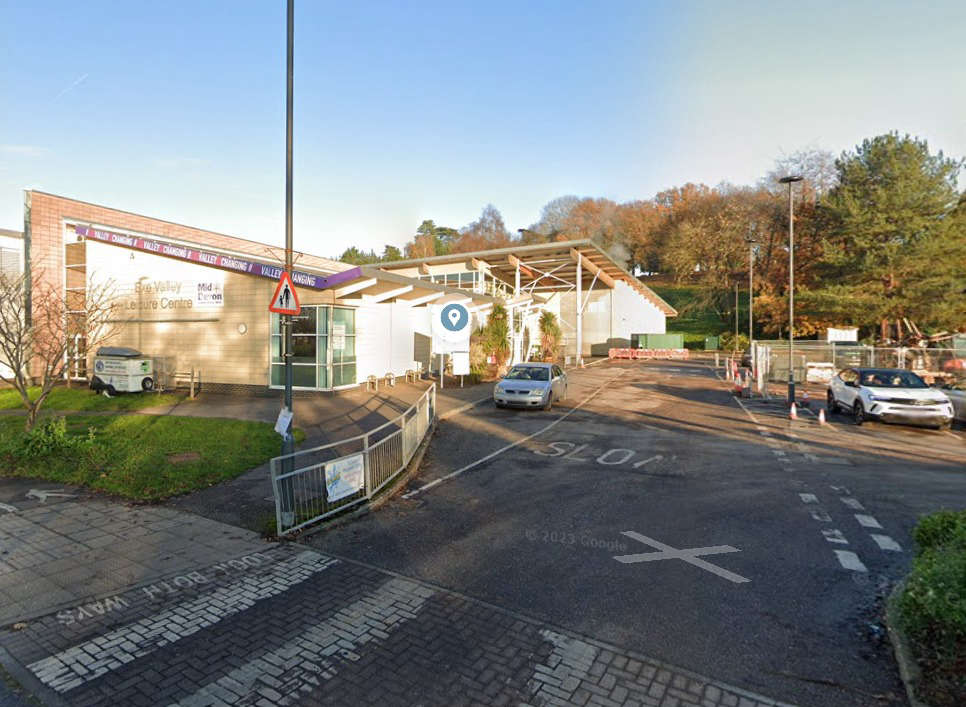
New charges have risen the most for concessionary users.
People on low incomes who use leisure centres in Mid Devon have been hit with the biggest price increases under a revamped charging scheme.
The move, which sees pay-as-you-go charges for concessionary users rise by the largest amount, has been criticised, as has the process that led to the new fees being agreed.
The concessionary rate for an adult swim has risen more than 13 per cent to £4.20, compared to the nine per cent rise for a regular adult charge.
A child concession swim has risen by more than 13 per cent to £2.50, compared to just six per cent for junior swimmers who don’t qualify for a discount.
Mid Devon Leisure’s website says concessionary fares are offered to people who receive benefits, including universal credit, carers allowance, or job seekers allowance.
Gym sessions have also risen more for concessionary users, as has yoga, use of the sauna, badminton and tennis.
While concessionary prices remain lower than standard charges, the proportionately larger increase has been criticised by some councillors and members of the public.
Opponents say that even though VAT is no longer chargeable on leisure services offered by councils, Mid Devon has maintained the part of the charge that would have accounted for the tax.
Angered resident Nick Quinn described the whole episode as a “fiasco”.
He said the council had passed a motion in July which called for an “open and transparent” approach to reviewing leisure prices, but felt this had not been the case.
“Essentially there was a secret consultant report given to an MDDC officer, who then wrote another secret report for the community policy development group, which considered it in secret and then forwarded their secret conclusions to cabinet, who then considered it in secret and approved the rises,” he said.
Mr Quinn said he had been told that all of Mid Devon’s 42 councillors had been given the opportunity to see the reports linked to the rising leisure fees and could submit comments or objections.
Councillor Nikki Woollatt (Independent, Cullompton St Andrews), who had proposed the July motion, said transparency had “definitely been lacking.
“Things should only be in Part 2 [confidential proceedings] if absolutely necessary,” she said.
“There are ways and means of doing things and writing reports so that you can have as much information available for the public as possible and keep the tiniest essential bits in Part 2.”
She added that the council’s community and leisure lead, Councillor David Wulff (Liberal Democrat, Tiverton Castle) had suggested last year that it would try to shield low-income households from rises.
At November’s cabinet meeting, Cllr Wulff said: “Whilst funding the service to ensure it continues to deliver that high quality, we need to be confident we do not put barriers up that prevent low-income users from accessing these services, and we must ensure we don’t pass on the increasing costs of the service to those least able to afford it.”
Cllr Woollatt added: “We know there’s a problem with young people not exercising enough, which is being exacerbated by the cost-of-living crisis, and so we need to support those people, as well as families on low incomes.
“But they seem to have targeted those people [with these rises].”
Councillor Ben Holdman (Liberal Democrat, Tiverton Castle) told a scrutiny committee earlier this month that because leisure fees were “commercially sensitive”, they needed to be discussed in so-called Part 2, the section of a council meeting where the press and public can be excluded.
A Mid Devon District Council spokesperson said it was “not legally required” to consult on the leisure fee structure because of exemptions in the Local Government Act 1972.
The spokesperson did not address why concessionary charges had risen more, but added: “Following the council’s work with external consultants, it was identified that Mid Devon’s leisure charges were below the national average and local competition and, as such, charges have been increased in line with this.”
Initially the council said it had shared the proposed fees with the public “three months before implementation”, but later acknowledged that was incorrect.
“Letters were sent to all customers whose membership fees were effected on Wednesday 6 December,” the spokesperson said.
“However, customer direct debit payments would not have increased until 14 or 28 January. The new pay-as-you-go prices were also displayed at all our facilities at the beginning of December and went live on 1 January.”
The council confirmed that it is no longer charging VAT on its leisure prices, but had kept in an amount that would be equivalent to the tax if it still applied “in order to reduce the subsidy to the local taxpayer”.
“Investment in the operation of the leisure facilities to reduce the carbon footprint, whilst maintaining the existing level of service will also help to reduce this subsidy,” the spokesperson said.
“Additional income will be used to deliver services and ease pressures on council taxpayers and council reserves.
“The council is currently working on budgets for 2024/25, with final figures due to be set by members in February.”
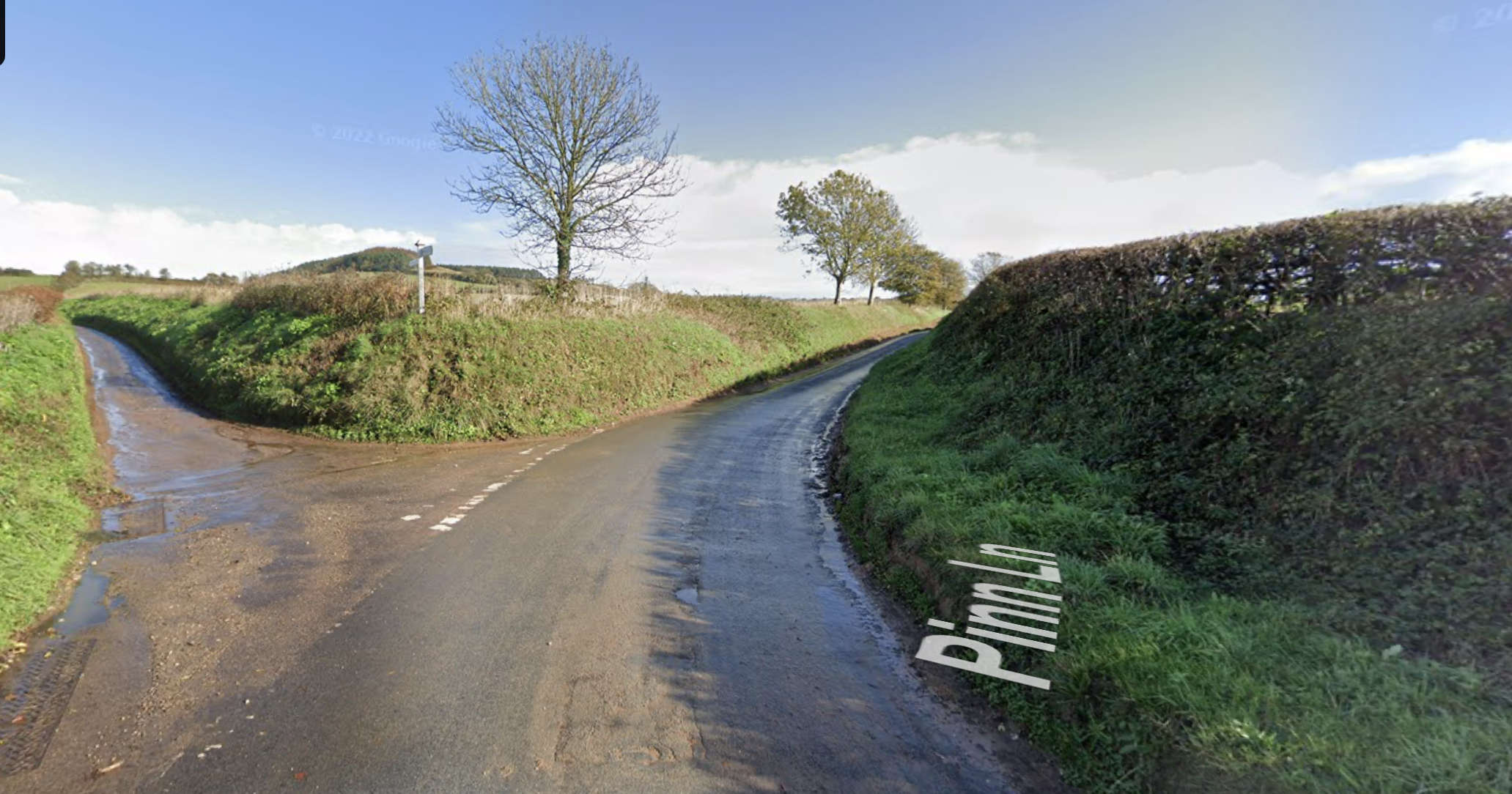 Teenager killed in rural East Devon crash
Teenager killed in rural East Devon crash
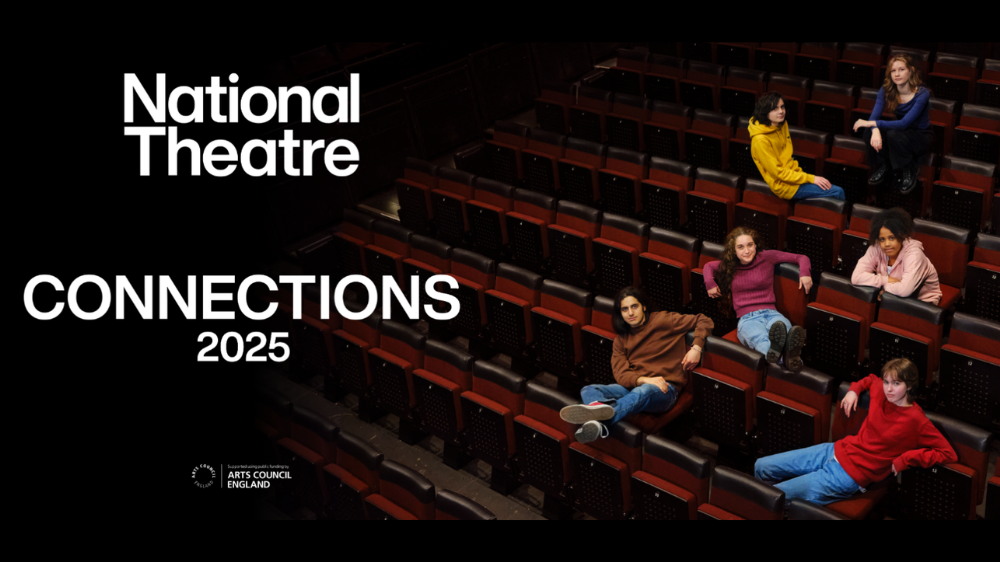 Plymouth schools shine at Theatre Royal
Plymouth schools shine at Theatre Royal
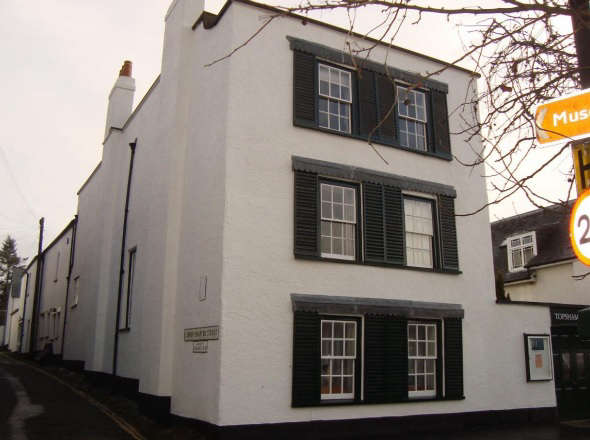 Topsham’s ‘beautiful’ museum to be restored
Topsham’s ‘beautiful’ museum to be restored
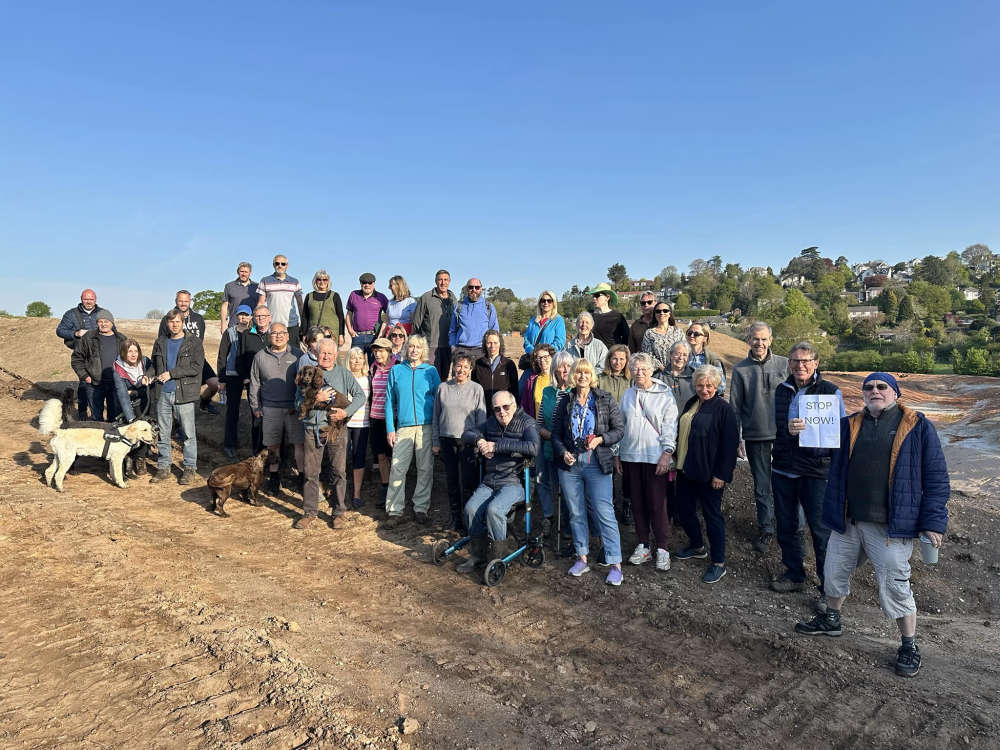 Protest as work stops on controversial Newton Abbot project
Protest as work stops on controversial Newton Abbot project
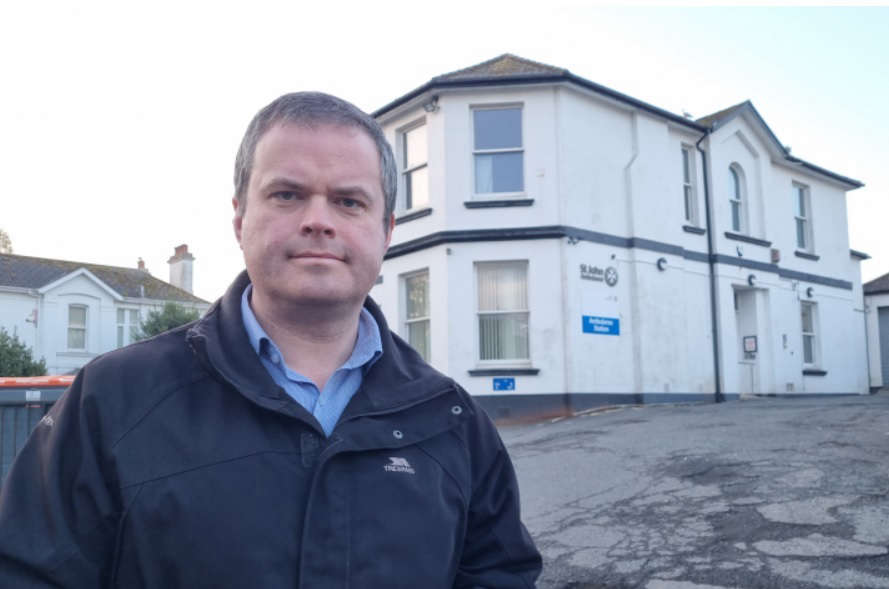 Petition launched to save Paignton ambulance station
Petition launched to save Paignton ambulance station
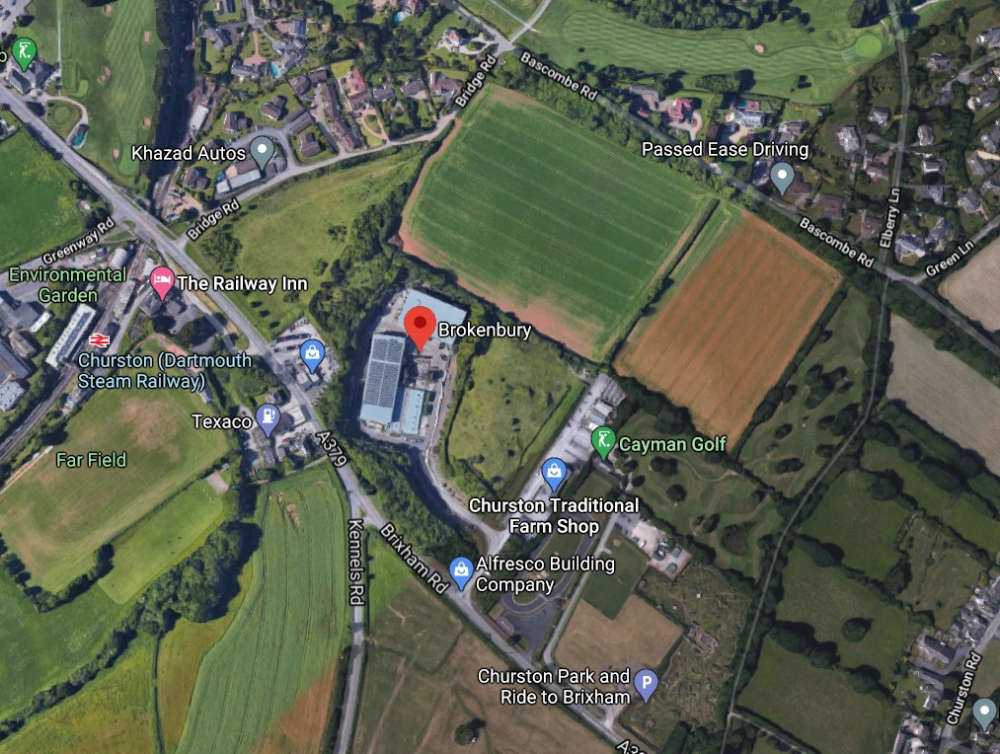 Official challenge to Torbay solar farm project
Official challenge to Torbay solar farm project
